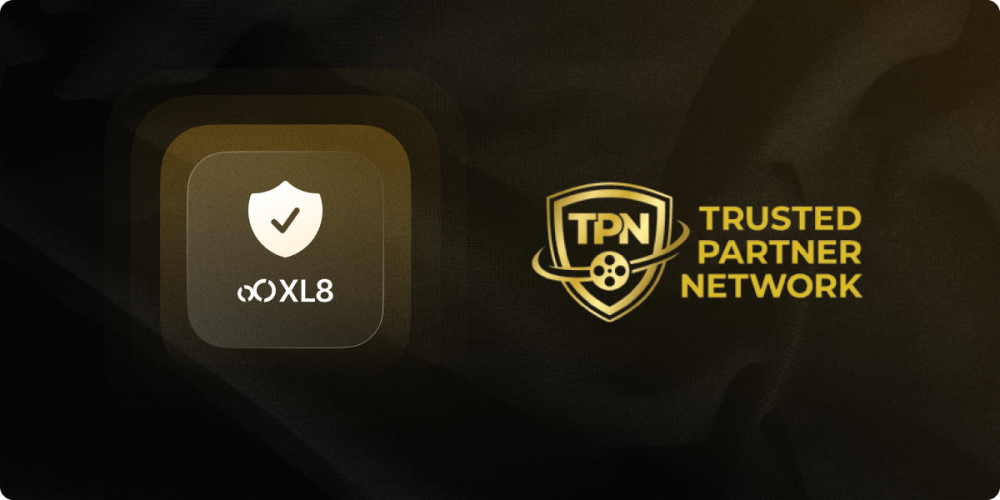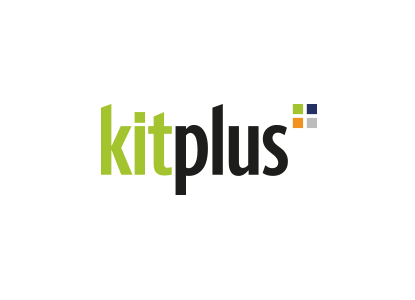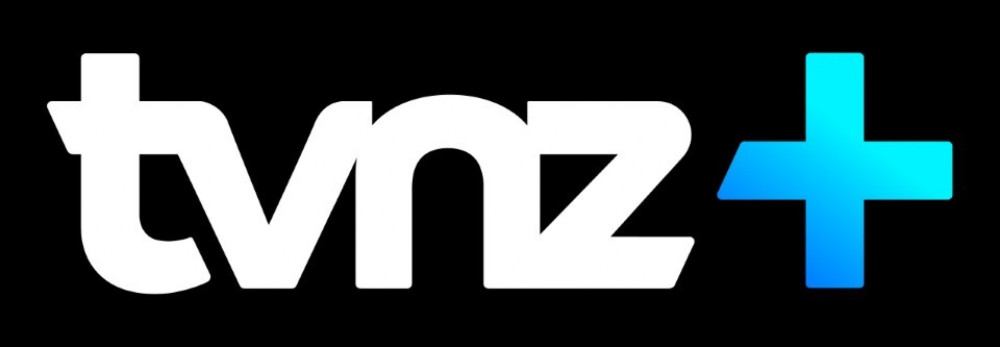Put your hand up if you have more than one online-identity. Keep your hand up if the adverts for your latest online purchase follow you between identities as you surf the web. You can now let your hand fall into your lap because adverts that follow you indicate algorithms that have merged your multiple identities into the one and only you.
Why does this matter? Most of us have a work life and a private life, and it’s often a good idea to keep some separation between the two in case you change jobs or have embarrassing hobbies like wearing lycra and riding bicycles. You probably don’t want everyone in your linked-in group seeing photos of your kids playing in a swimming pool. Conversely, you (probably) don’t want your kids being Snapchat friends with every person you have ever met at work.
You might sometimes need an identity that you can pass on to someone else. I am the SMPTE Standards Vice President. At some stage, I will hand the post onto someone else, so all the online-metadata gathered by that online identity will instantly become someone else’s property. I should probably be careful with how that identity is used!
This makes the new European legislation called GDPR (General Data Protection Regulation) quite interesting from a professional point of view. GDPR applies from 25 May 2018 to any company from the size of a one-man-band, right up to a huge multi-national corporation. The only thing that matters is that at least one of your customers is in a member country of the European Union. The rules apply whether the data is stored on a disc, in a database, in the cloud or written on a paper napkin and stored behind the blue filing cabinet in the basement.
The rules apply to any personal data related to any natural person (identified by name, id, genetic material etc.) that is used by a data processor (person or company anywhere in the world) on behalf of a data controller (the person or company responsible for the data who might be anywhere in the world). Basically, GDPR gives a natural person the right to their own data, but there are some interesting consequences of those rights which might make you think about how you manage your online identities.
The GDPR right to portability and the right to be forgotten means that you are now legally entitled to take your data and move it from one controller to another. This means that a company must be able to isolate the personal data and ensure that it can deleted as well as copied or moved in a structured and commonly used, machine-readable format. The GDPR consent criteria mean that your private data can only be stored if your consent is freely given, specific, informed and unambiguous.
The GDPR data quality provisions mean that personal data should only be collected for specified and legitimate purposes; and should not be excessive given the purposes for which the data was collected and processed; as well as accurate and kept up to date. It also means that if the original purpose for collection has gone then the data must be deleted – Even if the data is still useful to the controller.
“But I’m not in marketing why do I care?”, I hear you ask. There are 3 aspects to that:
(1) you will provide personal information to manage your private identity every day. You should be aware of GDPR because affects almost every online portal you use.
(2) in your job, you will manage an identity which might involve your personal identity leaking into your work identity. This might be an issue if you use online tools which have merged your professional and personal data e.g. because you signed into a portal with a private Facebook account. Oops! Who owns that login identity – you or your employer?
(3) in your job you might manage other peoples’ identity information which is almost certainly linked to some personal information. I am sure you know and have implemented your GDPR requirements.
By the time you read this, GDPR will be in its early stages of enforcement. Whether you’re a UK, EU or US company, the world will have changed for you. You might be an international expert and familiar with the EU-US Privacy Shield or you might be a sole trader searching google and jotting your data breach plan onto a table napkin for later use. Whatever you do, spend an hour or two figuring out how it applies to your identities. In today’s cyber-security world, you’ll need that information either as a professional or an individual. Security relies on identity and identity is affected by GDPR.
Until next time, whoever you are!

































